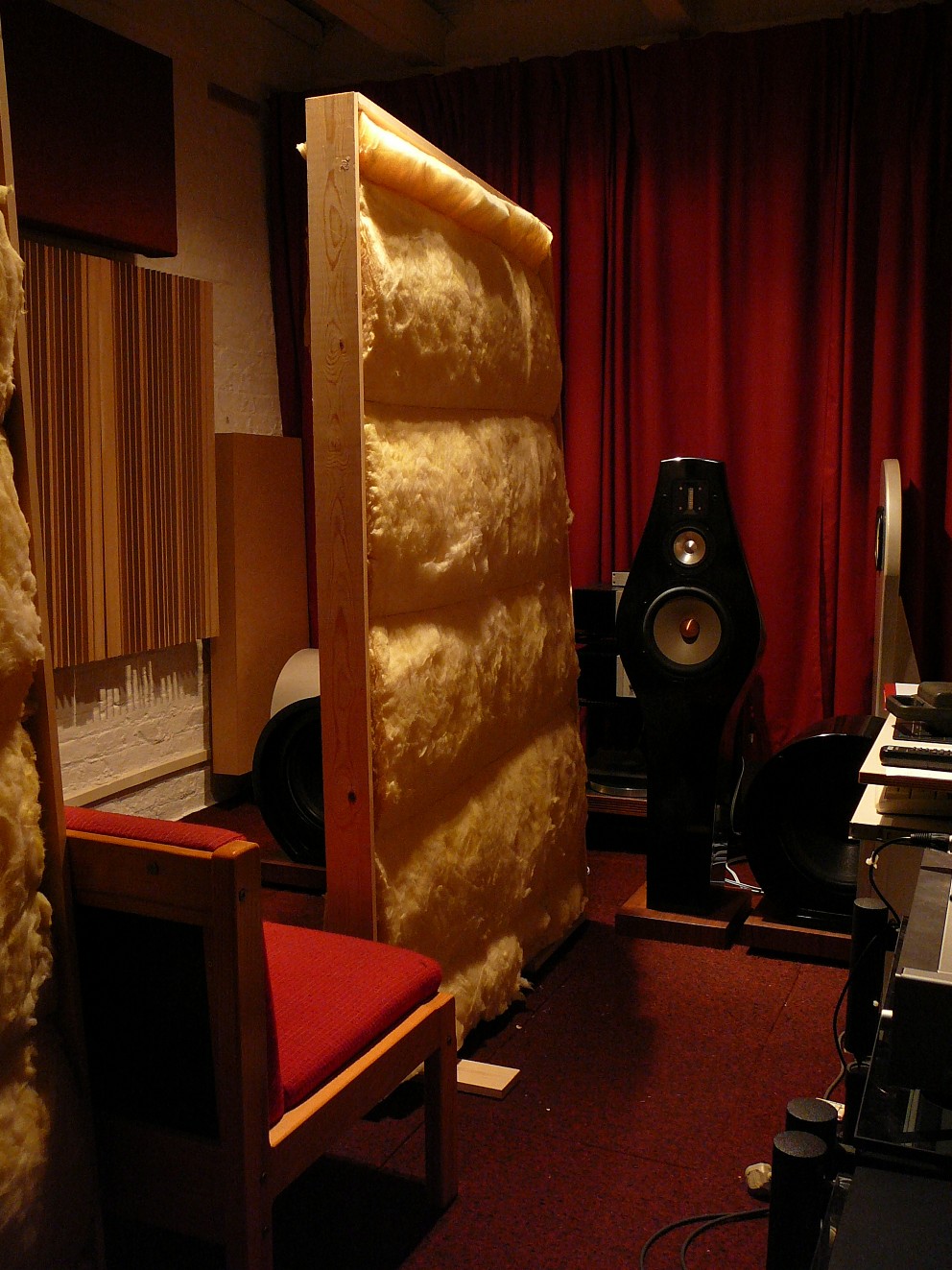
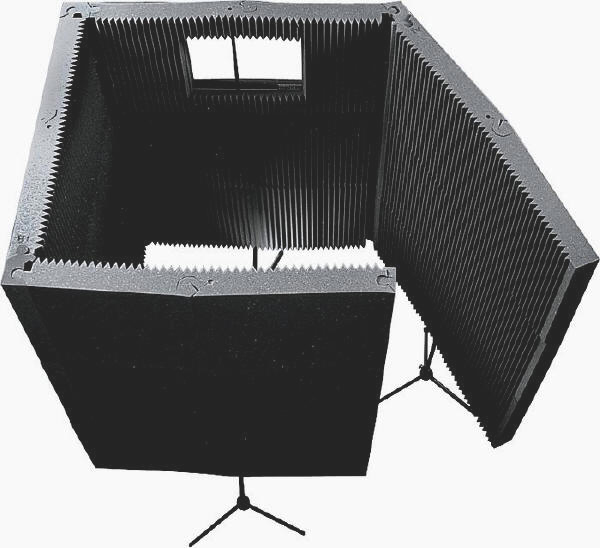
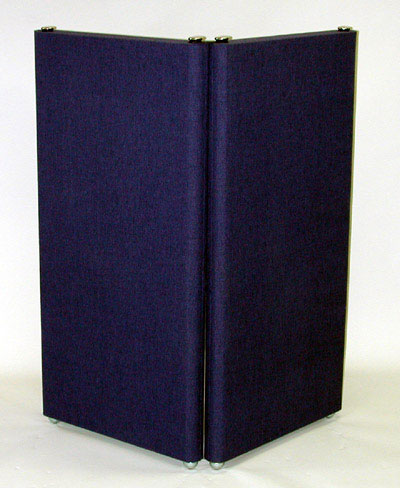
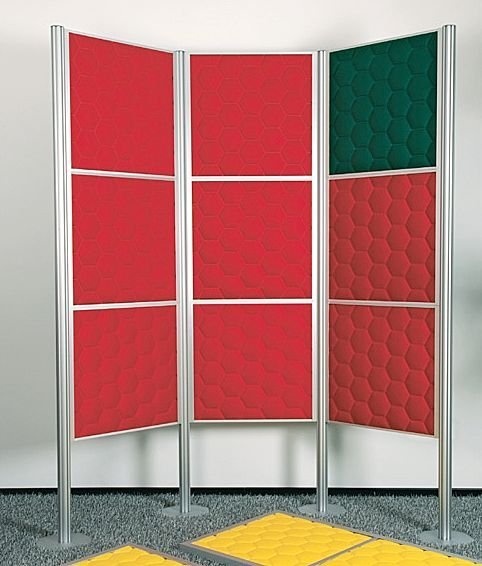
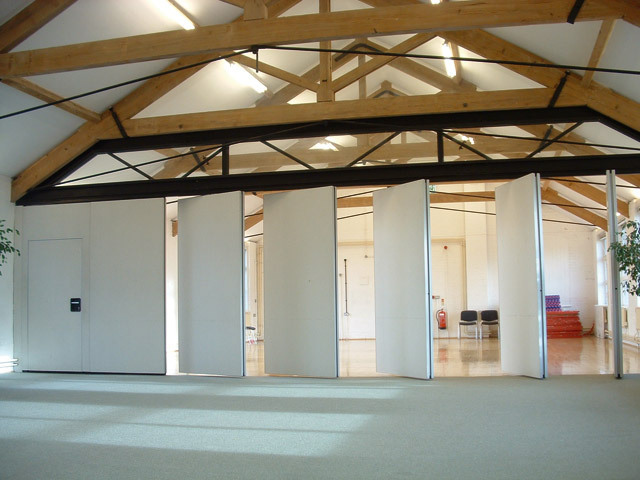
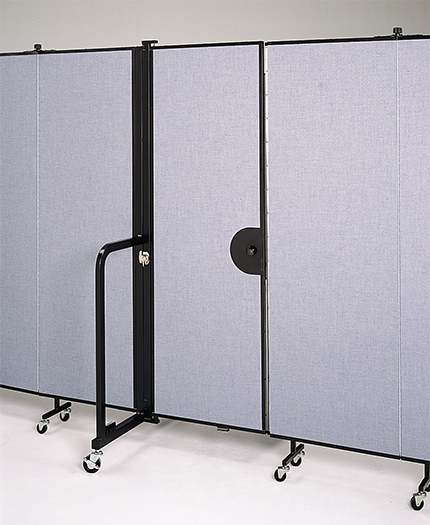
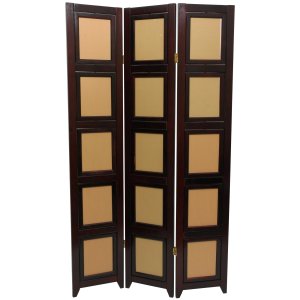
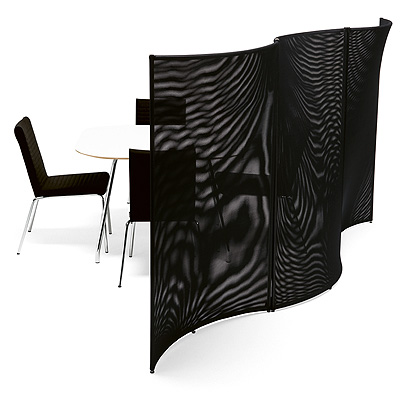
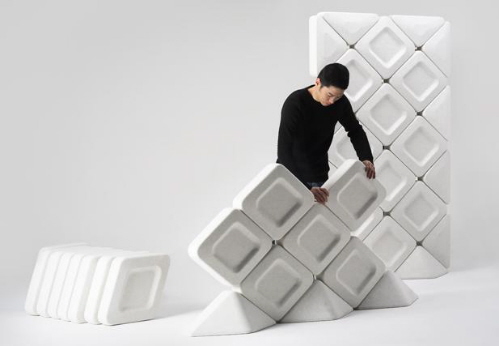
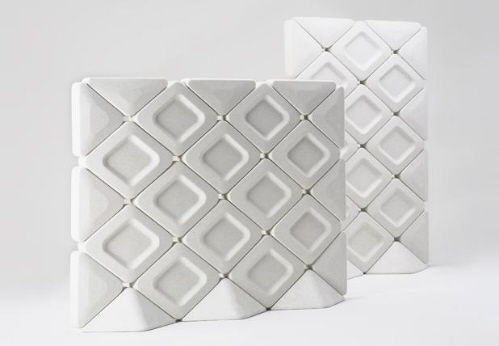
Can You Use Office Dividers As Acoustic Screens In The Studio?










We're all for cutting costs where it doesn't compromise performance, but can office dividers do a good job in the recording studio?
Acoustic screens for the recording studio are a specialized product, and tend to cost what a specialized product costs.
Office dividers however are mass market, and there is a thriving trade in secondhand office furniture, so you could pick them up for a very reasonable price.
But would they be any good, say, for screening off the drummer in a corner of the studio? Or for trying to get some separation between the guitar and bass?
With anything to do with acoustics, perfection is unobtainable and near-perfection very expensive.
But also in acoustics, even small improvements can lead to significant benefits in the quality of a recording. So it is well worth making those small improvements, especially if they don't cost very much.
Clearly the office environment is very different to the recording studio.
The sounds you tend to hear in an office are speech, the clattering of computer keys and the occasional throwing of the printer onto the floor because it refuses to print, yet again.
But speech is the major factor governing office divider design, that and providing a measure of privacy of course.
If an office divider reduces the intelligibility of speech, then it has done its job. If it reduces the level a little, then that is a bonus.
In the recording studio however we are dealing with a much wider range of frequencies, including low frequencies that are difficult to block. We are probably dealing with much higher sound levels too.
So ideally a studio acoustic screen would have a solid, heavy central core to block sound by reflection, with thick, porous material on both sides to block a little more sound through absorption (and to absorb the reflection from the core).
For an office divider to be of any use in the studio, it has to provide some absorption. If it has hard surfaces, it will cause more problems than you had previously because of reflection.
It's important to remember that even the best studio acoustic screens do not block sound completely. They are nowhere near thick and heavy enough, and sound will leak around the sides anyway.
But despite that, they do provide a benefit. If instruments leak from one mic to another, they will still leak if you use screens. But they will leak less and your recording will be better.
If you use office dividers, then don't expect as good a result. But it is very likely that you will get better results than not using screens at all.
And if you buy secondhand, it could save you some money.